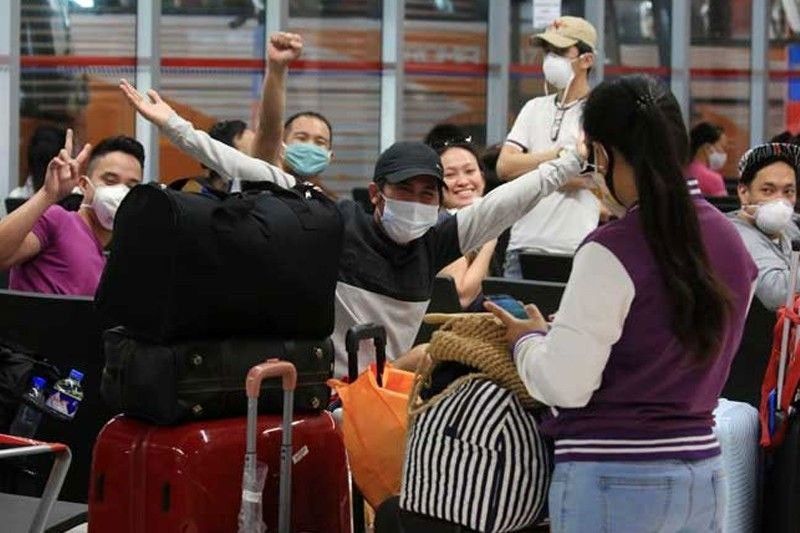Social protection for OFWs inaccessible, inequitable – NEDA

MANILA, Philippines — The Philippines needs to improve its social protection system for migrant workers as this remains inaccessible and inequitable for many Filipinos.
In a webinar organized by the European Chamber of Commerce of the Philippines yesterday, the National Economic and Development Authority (NEDA) said that social protection for overseas Filipino workers (OFWs) are in place, but this still needs to be strengthened.
NEDA-Social Development officer-in-charge Edgardo Aranjuez said it is important to protect the rights, promote the welfare and expand opportunities for OFWs given their significant economic contribution.
“We have the social protection system in place, but the programs under this seem inadequate or inequitable, so this needs further strengthening and improvement,” Aranjuez said.
While the government has programs under the Social Security System, Philippine Health Insurance Corp. and Pag-IBIG, among others, not all OFWs are able to benefit from them.
“Other programs are still inaccessible. The thing is that the program is already there. It’s just that we don’t know how to go about it. We don’t know how to access it,” he said.
NEDA defines social protection as policies and programs that seek to reduce poverty and vulnerability to risks and enhance the social status and rights of the marginalized.
This is done by promoting and protecting livelihood and employment, protecting against hazards and sudden loss of income and improving people’s capacity to manage risks.
Unfortunately, the pandemic highlighted the lack of social protection among OFWs, and many Filipinos in general, that led to economic shocks.
Data showed that there are about 10.4 million OFWs, with almost 50 percent in the Americas. The Philippines deployed an average of 1.8 million OFWs per year since 2009.
However, the pandemic resulted in a 70 percent decline in deployment to just over 500,000 in 2020 due to contraction of the global economy, uncertainty and mobility restrictions that were imposed at the height of the pandemic.
The figure went up slightly to more than 700,000 in 2021, but this remains far from the pre-pandemic level of OFW deployment.
In 2020, hundreds of thousands of Filipinos also returned home to the Philippines because of COVID, significantly impacting the economy as the country remains heavily reliant on overseas remittances to boost household consumption.
“The pandemic happened and it slowed down global economic activity at an unprecedented scale. Migrant workers and their families were among the hardest hit and a large number of OFWs experienced job losses and displacement, which forced them to return to the Philippines,” Aranjuez said.
Consequently, this contributed to the increase in the country’s unemployment rate and restrained the inflow of remittances.
In the past two years, there are 2.4 million overseas Filipino returnees while repatriated Filipinos have reached over 450,000.
As a major migrant-sending country, the Philippines is among the top remittance-receiving economies in absolute value at $34.9 billion and per capita terms at $325.
- Latest
- Trending





























